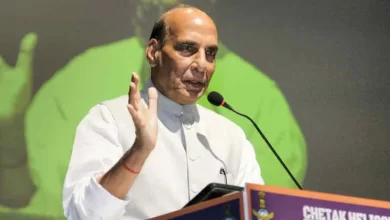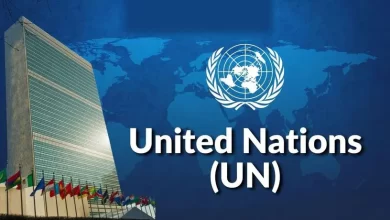
India clearly needs to recalibrate its policy to salvage its rapidly deteriorating relationship with Dhaka
Fishing in troubled waters comes naturally to China. It has been using all the tricks in its bag to expand its footprint in the region and beyond through a mix of coercive and strategic diplomacy. The present friction in the bilateral relations between India and Bangladesh has provided a fresh opportunity for Beijing to alter South Asian geopolitics. An indication to this effect was provided during the recent visit of Bangladesh’s Chief Advisor Muhammad Yunus to China, during which nine agreements, ranging from economic cooperation to cultural exchange, were signed. The two countries also launched negotiations to modernise Mongla Port and initiate construction of a new industrial zone—projects that echo China’s wily Belt and Road playbook. Yunus’ four-day visit coincided with the political churn in Bangladesh following the fall of the Sheikh Hasina-led Awami League regime and the subsequent anti-India sentiments sweeping across the country. Clearly, the interim regime is signalling a potential shift away from India’s traditional influence in Dhaka. Since Hasina government’s dramatic fall in August last year, Bangladesh’s newly minted government has deftly pushed a narrative portraying India as a Hindu majority hegemonic neighbour, thereby spreading widespread animosity. This rhetoric has quickly gained traction among Bangladesh’s younger generation, who have limited knowledge of the Bangladesh Liberation War and India’s pivotal role in it. Yunus’ efforts to normalise commercial, cultural and military ties with Pakistan were also aimed at sending a message to India.
Now, the latest visit to Beijing is expected to further exacerbate tensions between India and Bangladesh. And, China can further entrench its influence in the Bay of Bengal, a crucial maritime region where India, the United States, and Japan have strategic interests. For Beijing, the benefits are two-fold. First, a pro-China Bangladeshi leadership could dilute India’s strategic depth in the neighbourhood. Secondly, by strengthening security ties, Beijing can gain access to ports and logistical hubs, boosting its regional presence. Bangladesh, with its geostrategic location, is a vital piece in China’s Indo-Pacific puzzle. The Yunus administration’s tilt toward China appears to be driven by political and economic considerations. The new leadership, comprising non-Awami League factions, seeks to change the fundamentals of foreign policy after years of India-centric policies under Sheikh Hasina. Given this scenario, India needs to recalibrate its policy to salvage its rapidly deteriorating relationship with Dhaka. As the largest neighbour and military-economic powerhouse in South Asia, it should adopt a more nuanced and mature approach, recognising Bangladesh’s incumbent regime. The protracted animosity between the two nations will have far-reaching repercussions for regional security. The current situation in Bangladesh is complex, with rising Islamist elements, communal tensions, and lawlessness. Yunus’ government has been criticised for its handling of these issues, particularly the recent release of Islamist leaders and the lifting of the ban on the Jamaat-e-Islami party. Bangladesh’s socio-political situation is at present in a state of transition and uncertainty.







